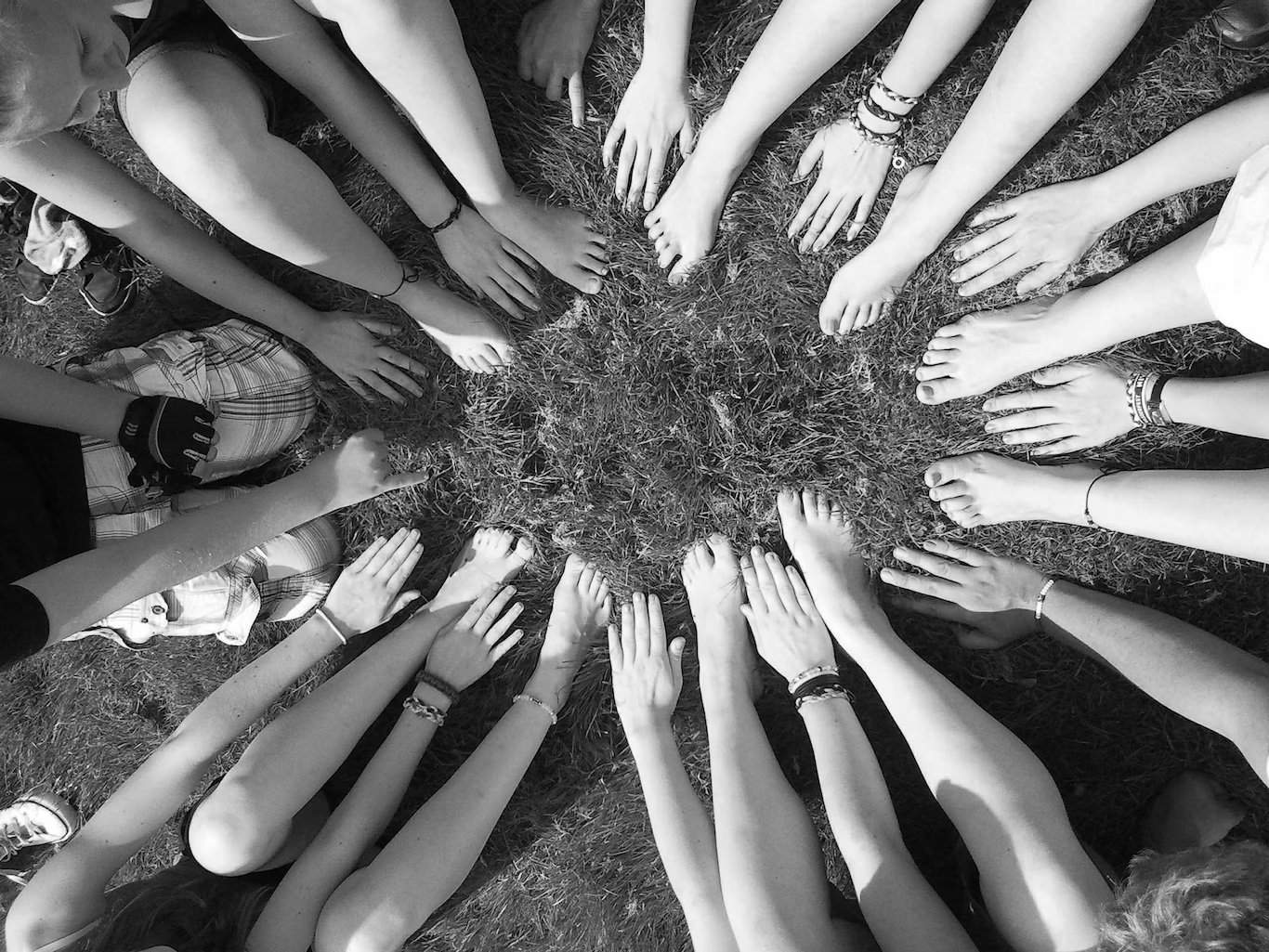The time of ‘heropreneurs’ has past.
Over the past decade there has been increasing glorification of the heroic social entrepreneur.
That is not a bad thing in itself, however we now need to start shifting our focus beyond the entrepreneur for several reasons.
In the latest of our #pebblesmakeripples guest features, On Purpose CEO Tom Rippin, looks at the hurdles social enterprises need to get over to have a global impact.
Efforts in attracting, supporting and developing social entrepreneurs have been spectacularly successful. The likes of UnLtd, Schwab, Ashoka and Skoll foundations have done an incredible job of nurturing inspiring founders.
The difficulty is no longer around catalysing the creation of social enterprises: According to UnLtd, 27% of entrepreneurs in the UK are starting businesses with a social or community purpose and this has led to three times more social enterprise businesses under three years old than regular for profit ones (Social Enterprise UK).
The challenge now is getting social enterprises to become a significant and influential part of the economy.
That challenge of how we should help social enterprises grow their impact has, until recently, been the preserve of social investors who develop new instruments that provide social enterprises with flexible yet financially sustainable growth capital.

But increasingly all parties involved, from governments to social entrepreneurs, are realising that there’s more to it than cash.
Social enterprises need experienced people if the movement is to have the transforming influence we all expect of it.
It is acknowledged in Silicon Valley that the right person to start an enterprise is rarely the right person to grow it, and the person to grow an organisation is rarely the right person to steer it once it has matured.
Each stage of organisational growth requires different skills and different motivations. Social enterprises are no different from commercial businesses in this respect.
At On Purpose, we have been finding and developing current and future social enterprise leaders who will help scale social enterprises to their full potential for the last seven years – we run a one year, full-time leadership programme for emerging leaders transitioning into a social enterprise career.
“It is acknowledged in Silicon Valley that the right person to start an enterprise is rarely the right person to grow it”
There is, however, a more subtle reason why the era of the lone entrepreneur is coming to an end.
The vast majority of problems we face today are so complex that they will not be solved by a single entrepreneur, or a single organisation.
The fundamental changes required to create the society we need, will only emerge from whole communities of people and ecosystems of organisations experimenting, collaborating and innovating together. At least some of these organisations need to be able to operate with considerable scale.
How do we scale social enterprises?
First, we need to find, attract, develop and retain talent that relishes the scale challenge.
Finding people who have been part of growing and large organisations, most of which are found outside of social enterprises, is a clear priority.
If we are to attract the brightest and best to do this, we do need to celebrate growth and scale, not just the start-up of organisations, and share out the glory currently lavished on solo entrepreneurs.

Second, as a movement we need to find a sense of collective purpose.
Some of the movements that shaped social progress in Victorian times (an age with startling similarities to the times we are living through now) were the Quakers and the Salvation Army.
If you take the religion out of the equation, we could do with some of the fervour that they were infected with. As modern observers, these institutions can seem incredibly moralistic. But maybe their moralistic (and often religious) enthusiasm is something we can learn from, in the way that it can bind communities together and galvanise support and action across large numbers of communities.
The Salvation Army, for example, operates in well over 100 countries. For all its antiquated-seeming marching bands, teetotal approach and military language, that is an impressive reach. No doubt it has its critics and its approach and religion will not be for everyone, but the impact it has around the world cannot not be overlooked.
“Let’s make sure that in the 2010s and 2020s everyone realises that, if you want to be someone who works towards something that matters, social enterprise is the place for you”
Social enterprise intermediaries like ours have a role in helping to knit together a movement of people and organisations around the greater purpose of societal progress.
We have the opportunity and responsibility to ensure that the social enterprise movement adds up to more than the sum of its parts.
To attract the best people we need to be more certain about what social objectives we stand for and, even the moral fervour we harness.
It will require greater care in how we talk about social enterprise and different parts of the movement will need to articulate their purpose in clearer and simpler terms. Like any marketer will tell you, the clearer and more specific we can be, the more we will broaden our appeal.
In the Victorian era, everyone who wanted to be anyone became an engineer – that is where innovation was happening; in the 1980s and 1990s everyone who wanted to be anyone became an investment banker – that is where creativity (for good or ill) was being rewarded.
Let’s make sure that in the 2010s and 2020s everyone realises that, if you want to be someone who works towards something that matters, social enterprise is the place for you.
Tom Rippin, CEO of On Purpose, is one of 16 CEOs chosen to talk about the future of social enterprise by The Talent Project, supported by the Global Social Entrepreneurship Network (GSEN), an organisation founded by UnLtd, and supported by BMW Foundation Herbert Quandt.
Want to understand the basics? Try Why The Future Belongs To Social Enterprise.










